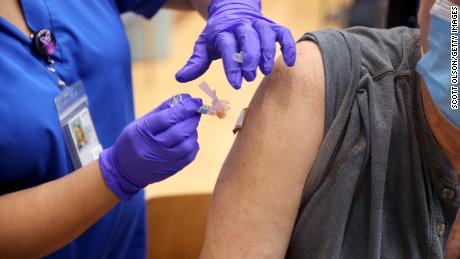Recognize the Symptoms of the Corona Virus Early

The Corona Virus Symptoms are often the first sign that an individual has contracted the virus. Recognizing these symptoms promptly is essential for both personal health and preventing further transmission. The virus primarily spreads through respiratory droplets, making it critical to identify any early signs of infection and take immediate action. Being aware of the various Corona Virus Symptoms allows individuals to seek timely medical advice, potentially mitigating severe health complications and contributing to the broader effort to control the spread of the pandemic.
Table of Contents
ToggleKey Indicators of Infection
The most common Corona Virus Symptoms include fever, dry cough, and tiredness. These symptoms generally appear within two to fourteen days after exposure to the virus. Fever, often accompanied by chills or body aches, is a hallmark sign that the body is fighting an infection. A dry cough, which does not produce mucus, is another common early symptom. It is important to differentiate this from other types of respiratory conditions, such as the common cold or flu, which typically involve a more productive cough.
Respiratory Distress and Breathing Difficulties
As the infection progresses, individuals may experience difficulty breathing or shortness of breath. This is a more serious symptom that requires immediate medical attention. Breathing difficulties occur when the virus affects the lungs, causing inflammation and reduced oxygen levels in the bloodstream. If shortness of breath is experienced alongside other symptoms such as a high fever, seeking urgent medical help is critical. This indicates that the infection may have escalated, potentially leading to more severe complications like pneumonia.
Gastrointestinal Symptoms
In addition to respiratory issues, some individuals infected with the Corona Virus may experience gastrointestinal symptoms. These can include nausea, vomiting, or diarrhea, although they are less common than the typical respiratory symptoms. It is crucial to consider these digestive disturbances in the context of other symptoms, as they may not immediately suggest a viral infection. Those experiencing gastrointestinal discomfort in combination with respiratory signs should be vigilant, as this could be a warning of a more severe progression of the disease.
Loss of Taste or Smell
An increasingly recognized symptom of the virus is the loss of taste or smell. This symptom may occur suddenly and without any nasal congestion or other typical cold-like symptoms. The exact reason why the Corona Virus causes this particular issue is still being researched, but it is thought to be related to how the virus affects the nerves responsible for these senses. While this symptom may seem trivial, it can be an important early indicator that an individual has contracted the virus, especially in the absence of other typical symptoms like cough or fever.
Early Intervention and Prevention
Recognizing the Corona Virus Symptoms early is essential for both personal recovery and community safety. Individuals experiencing any of the aforementioned signs should self-isolate immediately and contact a healthcare provider for guidance. Testing is crucial to confirm whether the symptoms are due to the virus or another underlying condition. Early testing and diagnosis enable quicker response measures, which can significantly reduce the risk of spreading the infection to others.
In conclusion, timely recognition of Corona Virus Symptoms is a key factor in limiting the spread of the virus and preventing severe health complications. While the symptoms can vary in severity from mild to life-threatening, understanding the common signs—fever, cough, difficulty breathing, gastrointestinal issues, and loss of taste or smell—can make all the difference. Vigilance, self-isolation, and seeking medical attention as soon as symptoms appear are the best strategies for managing the corona virus infection.



:format(webp)/https://www.thespec.com/content/dam/localcommunities/ancaster_news/news/2022/08/30/new-cases-announcements-closures-around-coronavirus-for-ancaster-dundas-hamilton-mountain-stoney-creek/9911354_coronavirus_4923544_1920_Super_Portrait.jpg)